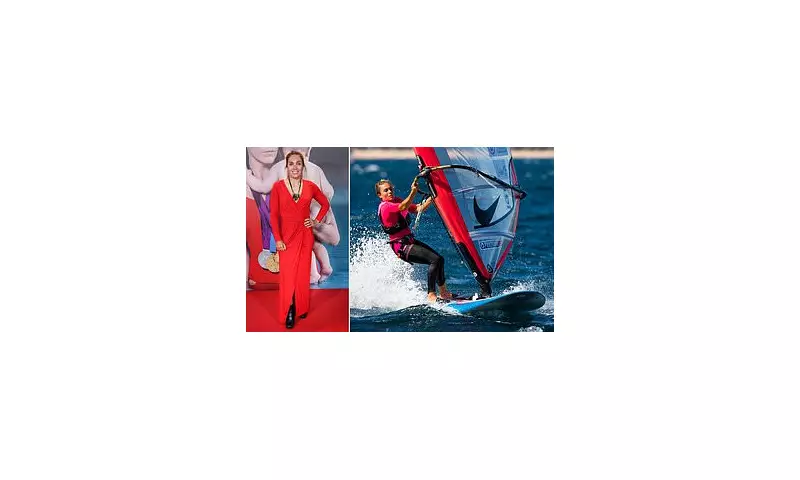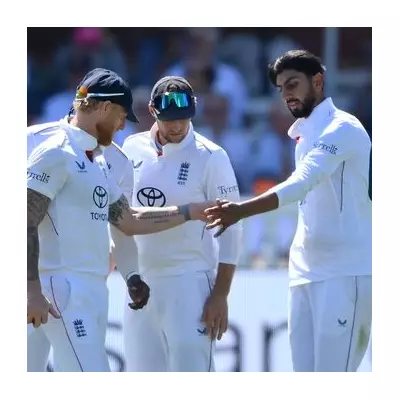
The triumphant return to elite sport after childbirth is a story of immense physical and mental strength. Yet for one Olympian, her comeback was brutally halted not by a lack of fitness, but by a devastating verdict from the very officials meant to support her: she was told she was 'too fat' to compete.
This is the shocking reality faced by a British race walker, whose dream of representing her country again was crushed under the weight of archaic and cruel body standards. Her story, emerging from the high-pressure world of Olympic athletics, exposes a toxic culture that values aesthetics over athleticism and punishes women for the natural changes their bodies undergo through motherhood.
The Cruel Verdict
Having dedicated her life to her sport and competed on the world's biggest stage at the Olympic Games, the athlete embarked on the challenging journey of returning to peak condition after giving birth. Instead of support, she was met with a blunt and humiliating assessment from team selectors and coaches.
Their focus was not on her stamina, her technique, or her proven track record. Instead, they zeroed in on her postpartum weight, declaring her physique unsuitable for competition. This judgement effectively ended her international career, reducing her years of sacrifice and achievement to a number on a scale.
A Systemic Failure in Women's Sport
This incident is not an isolated oversight but a symptom of a deeper malaise within the governance of women's athletics. It raises urgent questions about:
- Outdated Policies: The lack of formal, compassionate guidelines for supporting athletes through pregnancy and postpartum recovery.
- Body Shaming Culture: A pervasive environment where a woman's shape is scrutinised more than her performance.
- Psychological Impact: The profound mental health toll such discrimination takes on new mothers in sport.
This approach ignores the science of postpartum physiology, where hormones, recovery, and the immense task of caring for a newborn all play a role. It dismisses the fact that with time and proper support, many athletes return stronger than ever.
A Call for Change
The athlete's experience is a powerful call to action for sports governing bodies, including UK Athletics and the British Olympic Association. There is a pressing need for:
- Implementing clear, science-backed policies for postpartum athlete support.
- Mandatory education for coaches and selectors on postpartum physiology and mental health.
- Championing a performance-driven culture that prioritises health and ability over arbitrary physical appearance.
Her story has ignited a conversation about how the sports world treats mothers. It challenges the very definition of an 'athletic body' and demands a more inclusive, supportive, and scientifically literate approach to ensure no other woman has her career ended by such demeaning and unscientific criticism.





